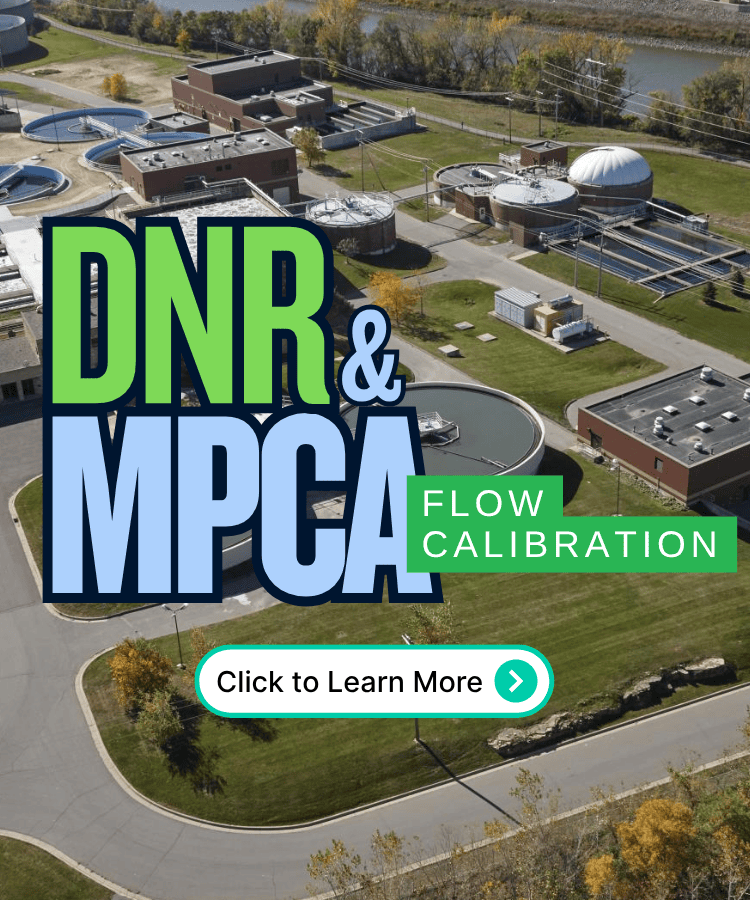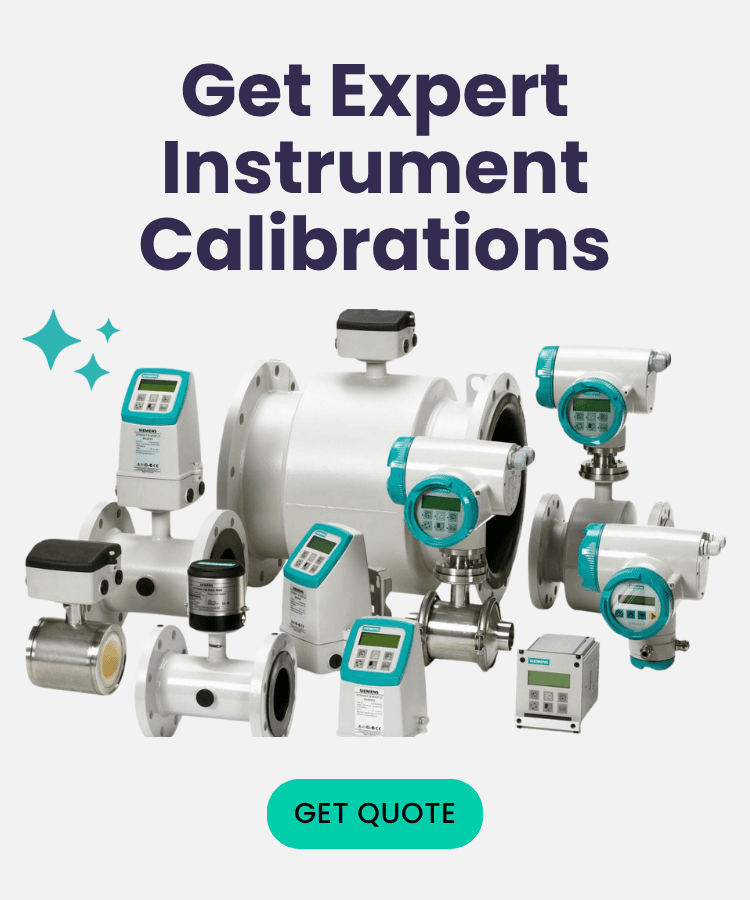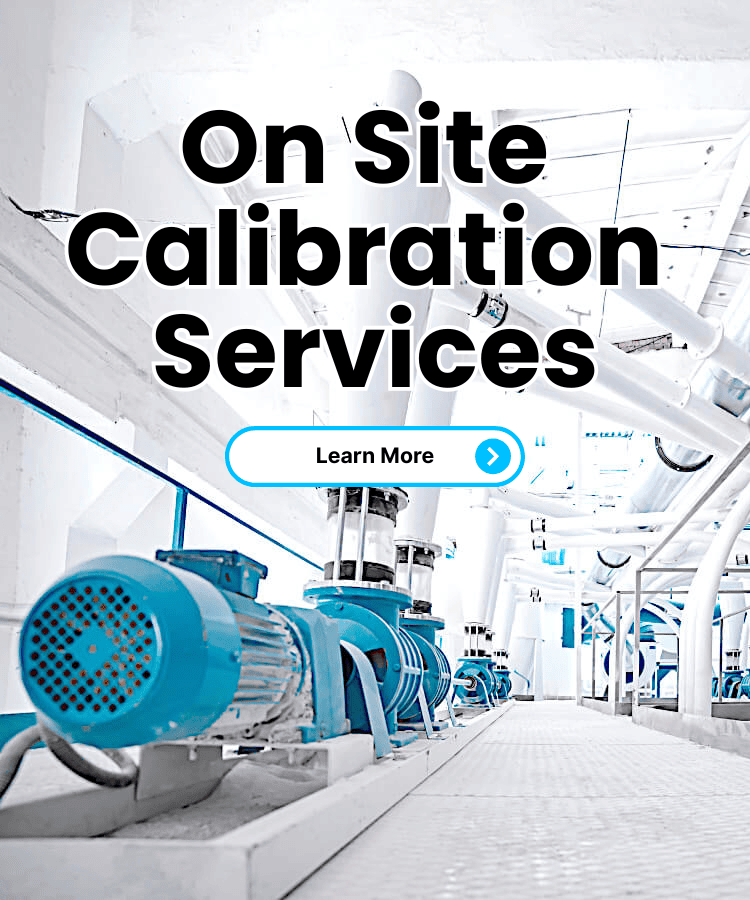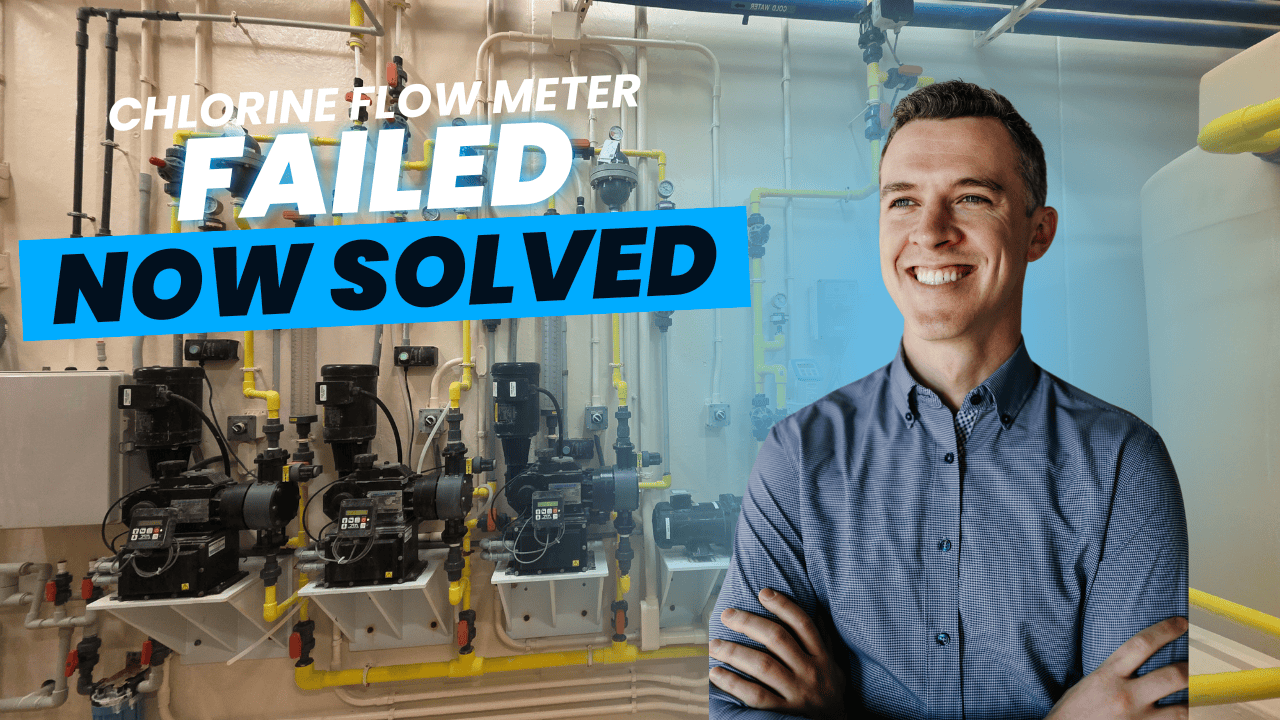Imagine a world without standardized measurements. Inconsistent readings and unreliable data would lead to costly errors, compromised safety, and wasted resources. Calibration ensures that your instruments provide accurate and consistent results by comparing their measurements to known standards. It corrects any deviations or inaccuracies, ensuring that your instruments perform optimally and deliver reliable data.
Here are some key reasons why regular instrument calibration is essential:
🎯 Accuracy and Precision: Over time, environmental factors, wear and tear, and drift can affect the accuracy and precision of your instruments. Calibration corrects these deviations, ensuring that your measurements are accurate and reliable. Whether you're analyzing chemical concentrations, monitoring environmental conditions, or testing material properties, precise measurements are essential for making informed decisions and achieving reliable results.
📋 Compliance and Quality Assurance: Many industries are subject to regulatory requirements and quality standards that mandate regular instrument calibration. Compliance with these standards not only ensures regulatory compliance but also demonstrates your commitment to quality assurance and customer satisfaction. Calibration certificates provide documented evidence of your instrument's performance, giving you peace of mind and credibility in your field.
💰 Cost Savings: Investing in regular instrument calibration may seem like an additional expense, but it can actually save you money in the long run. By detecting and correcting problems early, calibration helps prevent costly errors, rework, and product failures. It also extends the lifespan of your instruments, reducing the need for premature replacements and downtime.
⚠️ Safety and Risk Management: In industries where safety is paramount, such as healthcare, aerospace, and manufacturing, the consequences of inaccurate measurements can be catastrophic. Calibration ensures that your instruments meet safety standards and mitigate risks associated with faulty equipment. Whether you're performing medical diagnostics, conducting structural inspections, or controlling industrial processes, reliable measurements are essential for ensuring the safety of personnel and the public.
🌟 Reputation and Trust: Your reputation is everything in today's competitive marketplace. Consistently delivering accurate and reliable results builds trust with your customers, partners, and stakeholders. Calibration demonstrates your commitment to excellence and professionalism, enhancing your reputation and setting you apart from competitors.







